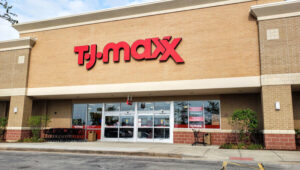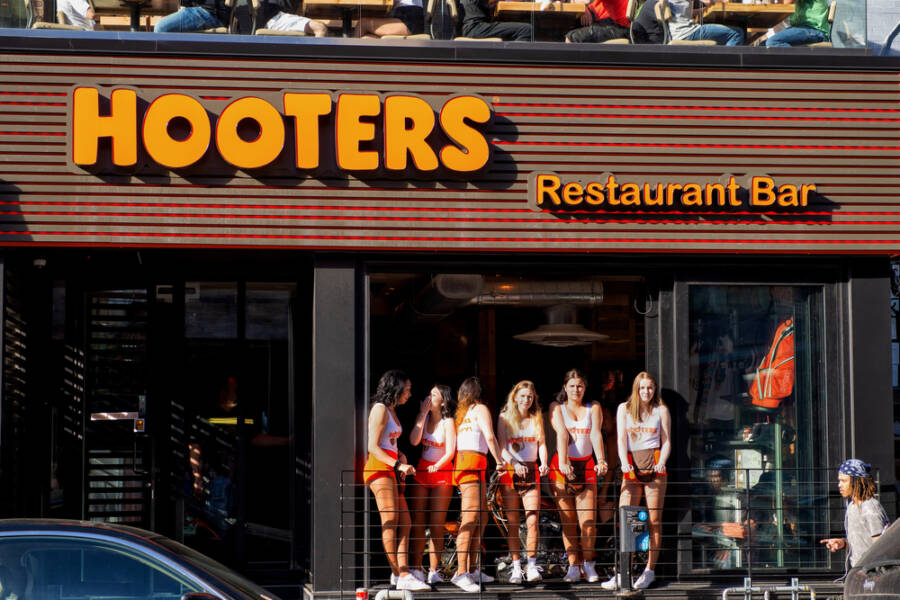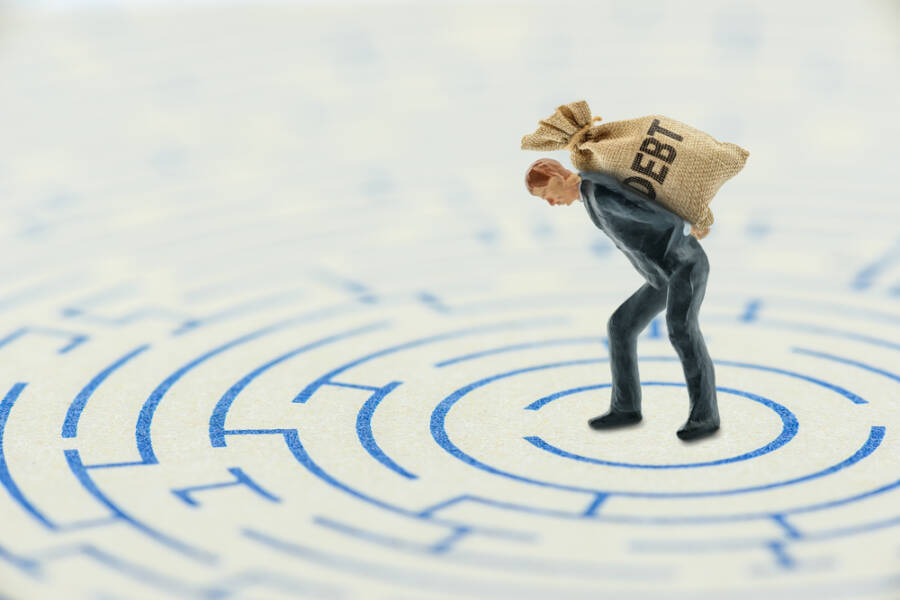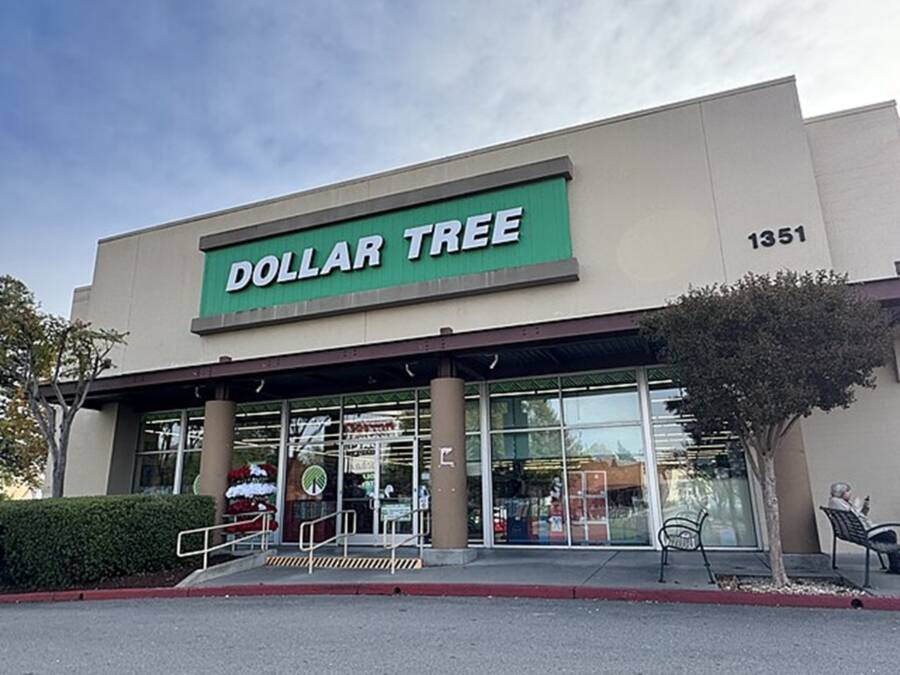Dumb misconceptions about the economy that the politicians want you to believe
The economy goes hand in hand with politics, but unfortunately, the myths surrounding economics are used as tools to manipulate public opinion. Let’s bust some of the biggest misconceptions that are plain wrong, but they still get a ton of airtime.
Let’s be honest—while most of us didn’t sign up to be economists, we still need to understand what is going on with our money, prices, jobs, homes, and future. The problem is: the loudest voices in the room belong to politicians, who often feed us half-truths and myths because they know how easy it is to sway public opinion with a few dramatic headlines.
They make the economy sound like a one-man show, where the president is the puppet master pulling every string. Spoiler alert: that’s not how any of this works.
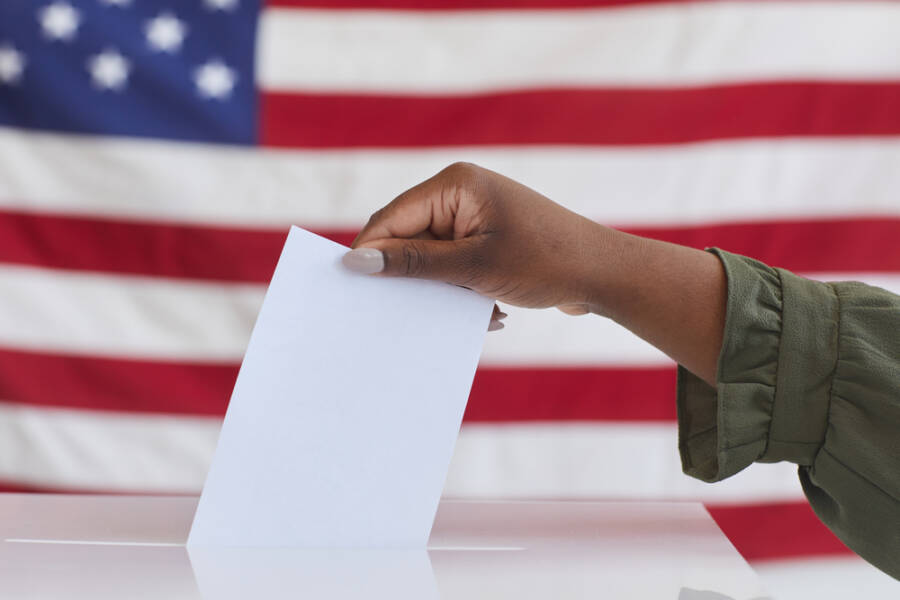
1. The President Controls the Economy
When a recession hits, the opposition party usually blames the current president. If the economy is booming, the president is also the one taking credit. However, the reality is that the US economy is too big and too free to be controlled by one president.
This massive machine turns labor and resources into services and products. While the US accounts for 26% of global economic activity, we’re affected by the other 74% of the world’s production.
Booms and busts are often driven by cycles of overconfidence, like the 2007 housing boom was followed by panic, like the 2008-2012 financial crash. The government plays a part with tax rates and regulations, but these policies are moving slowly and unpredictably. The government adjusts the rudder of the economy, and it’s still at the mercy of waves and storms beyond its control.
2. The President Controls Interest Rates
This one is ridiculous. Politicians love to say their interest rates help middle-class Americans with their mortgages and credit cards. The interest rates are managed by the Federal Reserve, meaning it’s independent from political pressure.
Monetary policy is obviously a powerful tool, which makes it dangerous in the wrong hands. When things slow down, cutting rates can simulate growth, but when things heat up, raising rates can cool things off to avoid runaway inflation.
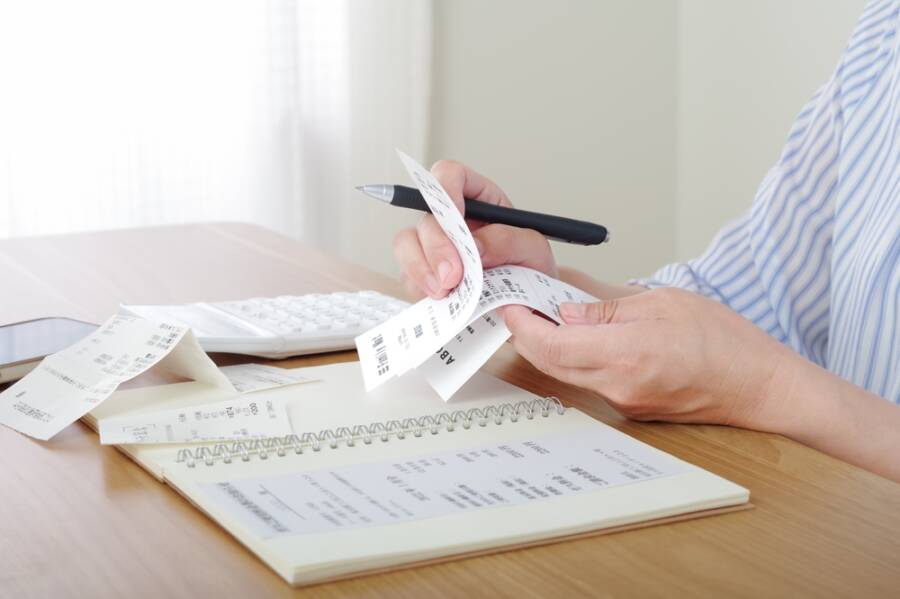
3. Inflation Has Made Life Harder for Americans (and the President Can Magically Fix It)
This becomes a real head-scratcher. The inflation post-COVID rose due to a unique mix of supply chain issues, low interest rates, and pent-up demand from government stimulus. However, these factors have mostly sorted themselves out, and inflation is back down to a manageable 2.4%. While inflation was a real problem for a moment, it wasn’t caused by one person only. This is something that can be magically fixed by a politician with some campaign promises.
Since 2019, prices have risen by 19%, while wages have gone up by 21%. Despite all the inflation, we’re still better off than before. Given this context, politicians keep bickering about inflation like it’s the end of the world, and they keep promising they will bring the prices back down.
Somehow, they’ve convinced the public that higher wages and higher prices are signs of a bad economy, which is wrong.
Moreover, politicians love to blame “greedy corporations” for the price rise, but the thing is, price hikes are perfectly normal in a free economy. As a business owner, you will set prices based on supply and demand. So, guess what: it’s not all about corporate greed.
A recent dive revealed that grocery stores haven’t made excessive profits during the COVID-driven inflation. While prices might go up, it’s not necessarily some corporate conspiracy to drain your wallet.
4. The President Controls Housing Prices
Over the past decade, US home prices and rents have skyrocketed beyond general inflation and even wages. This is because interest rates have risen, making homes feel more expensive and helping bring prices down. But because it hasn’t happened yet, we’re left with a double whammy of higher prices and higher mortgage costs at the same time.
The real kicker is that politicians come up with solutions that would make things worse, while the actual solution is as simple as increasing the supply of housing. So, the key to lower housing costs is getting out of the way of homebuilders.
5. The President Controls Gas Prices (They are high, and we want them lower.)
Gasoline has been the ultimate fuel for endless rants since 2011.
First, gas prices are about the same as they were in 1950 on an inflation-adjusted basis. Second, even with our famously inefficient American cars, the average household is only spending around 2.5% of its disposable income on gas. The funny part is that people spend more on car ownership, generally, but they love to blame the gas.
Third (we have a third)—gasoline is practically obsolete. You can get a used electric car for less than the price of a gas-powered one. If you’re feeling fancy, new EVs are also cheaper than their gas counterparts. You can get faster and nicer cars that require almost no maintenance or gas, so in the long run, you end up saving money.
These things being said, why are we still obsessing over this ancient fuel? Why aren’t candidates bickering about the prices of Kodak film or fax machines instead?
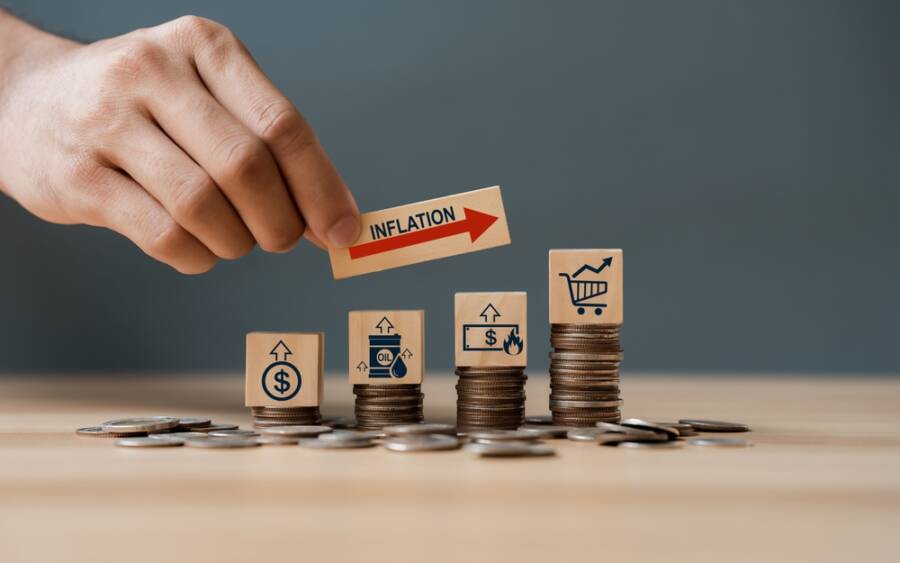
6. The Economy Is Something We Should Worry About
The funniest part is that we’re focused on the wrong thing. While business, hard work, and pushing human knowledge are crucial, the truth is we all passed the point of “enough” decades ago. Complaining about the tough life of the middle class is like a bunch of overfed people standing at a buffet wishing for one more stack of donuts.
Clearly, there is income and wealth inequality, and the rich often get richer faster. This is how the progressive tax system comes in, because a more equal society is more peaceful and happier.
The thing is, as the rich get richer, they don’t get happier. Once you’ve reached enough, more money won’t make much of a difference. Enough is far more about your mindset than the paycheck. If politicians really cared about our happiness, they’d focus on teaching people to live smarter, not just pandering to coal miners or billionaires.
At the end of the day, the economy isn’t some mysterious beast controlled by one man in the Oval Office or one big corporation. It’s a massive, global, constantly evolving ecosystem that reacts to millions of decisions made every day by people like you and me. Make sure you’re always well informed and you don’t stress over things you can’t control. Making the best financial decisions for yourself is enough. That’s why we love the Easy to Use Monthly Budget Planner—a practical tool that helps you track your income, expenses, savings goals, and bills – everything, without a finance degree. It’s designed for real people with real lives, and it puts clarity back into your wallet. (Plus, it’s only $5).
Whether you’re trying to save for a goal or just stop wondering where your money went each month, tracking your money is the solution. You can’t fix global inflation, but you can create peace of mind by organizing your own economy.
Read next: 7 Common Financial Traps to Avoid in 2025







